Keywords: Education
There are more than 200 results, only the first 200 are displayed here.
-
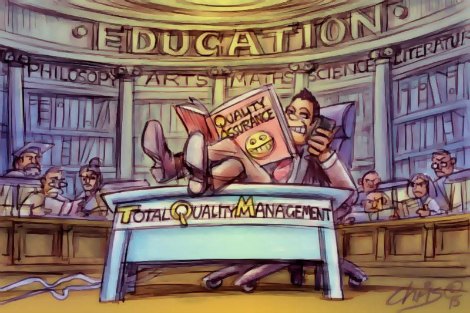
ECONOMICS
Allowing such a flimsy discipline as management to co-opt an area as important as education, as appears to be the trend, is as absurd as it is saddening. Education has been with us for thousands of years and encompasses some of the most profound thinking the civilisation has produced. Management thinking has been with us for a few decades and has accomplished next to nothing.
READ MORE 
-

'We were told to 'believe' that God could perform miracles, but this was a false lead in terms of what we now know about sacred discourse in the holy lands. This literalism was used against other religions to prove the supremacy of Christianity, but ironically it is what turned the majority of Europeans and Australians off religion as education has swept through Western nations in recent times.' David Tacey reflects on faith and belief. Andrew Hamilton replies.
READ MORE
-

AUSTRALIA
- Andrew Hamilton
- 28 May 2015
7 Comments
Tony Abbott's evocation of 'the tyranny of low expectations' invites more general reflection on education and public life. I believe that the Australian approach to education does indeed impose a tyranny of low expectations in the sense that the expectations are defined by economic achievement and its attendant wealth and status, and the goal for schools is success in enabling students to participate economically.
READ MORE 
-
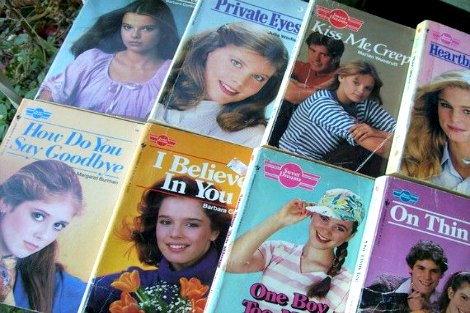
ARTS AND CULTURE
- Isabella Fels
- 27 May 2015
9 Comments
It was a place of torture, with great physical and mental pain. I remember being hit at with a hockey stick. I was forced to stoop, in all sorts of ways. All my efforts came to nothing, even when I gave the girls money to buy lollies, and lent them my Sweet Dreams teenage romance novels.
READ MORE 
-

AUSTRALIA
- Ellena Savage
- 22 May 2015
3 Comments
The expectation to enjoy the labouring part of your life, or find it 'rewarding', is a relatively new one. Australia's boon in tertiary education in the latter half of the twentieth century, and the post-industrial nature of postmodern work means that for many, labour is immaterial, and jobs are not necessarily protected or stable. 'Career management' is therefore a key concept that rules life decisions.
READ MORE 
-
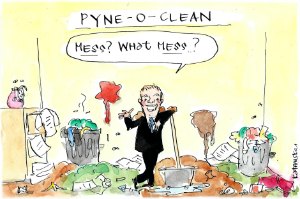
CARTOON
- Fiona Katauskas
- 18 March 2015
1 Comment
View this week's offering from Eureka Street's award winning political cartoonist.
READ MORE 
-
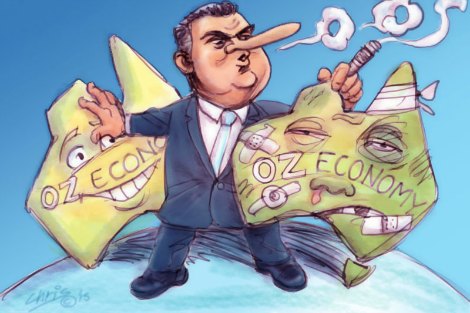
AUSTRALIA
- Colin Long
- 09 February 2015
19 Comments
The Coalition Government falsely claims that Medicare co-payments and cuts to welfare and publicly funded institutions such as the CSIRO and the ABC are necessary to 'fix Labor's mess'. There are indeed structural problems with the economy, but essentially the plan is to strip the public sector by cutting universal access to a range of services that also includes tertiary education, to create a dominant free market that marginalises Australians on low incomes.
READ MORE 
-
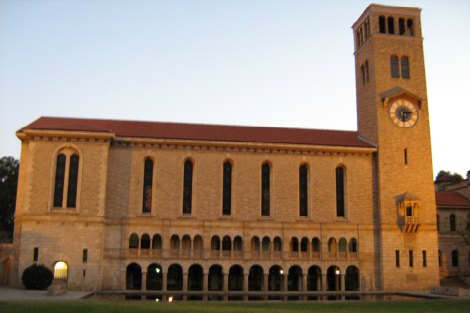
EDUCATION
- Bill Uren
- 23 January 2015
16 Comments
We can sympathise with the university Vice-Chancellors who support fee deregulation. Over many years Government financial support for higher education has been eroded in real terms, and maintaining international rankings depends upon deregulation. But do we want the major metropolitan universities to return to the financial exclusivity that characterised the early history of Australian tertiary education?
READ MORE 
-
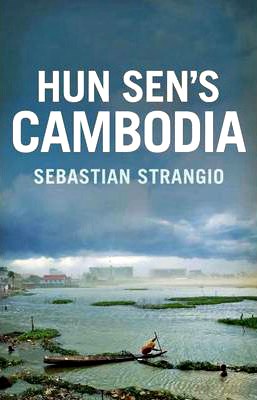
AUSTRALIA
- Tony Kevin
- 14 November 2014
1 Comment
Phnom Penh is a lively, bustling, often happy city of energetic and industrious people, with amazing growth statistics. In 2004 half of Cambodians lived in poverty, and by 2011 the figure had dropped to 20%. But this belies the terrible state of public health, the corruption in education, the abuse of human rights, and much more.
READ MORE 
-
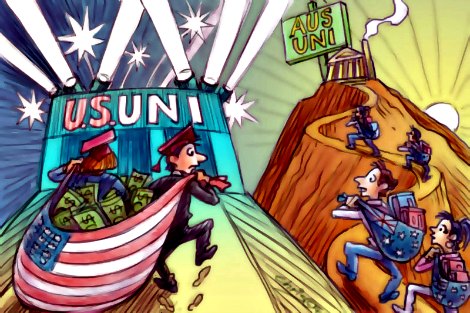
AUSTRALIA
- Sarah Klenbort
- 10 November 2014
23 Comments
The US, whose citizens owe more on student loans than they do on credit cards, is the land of deregulation. Australia’s Education Minister Christopher Pyne has the support of university management in his desire to see Australia to follow the US path. But it is clear to lecturers, tutors and researchers that this will only create more inequality, mainly by forcing people without money to either miss out all together on higher education or go into a huge amount of debt.
READ MORE 
-
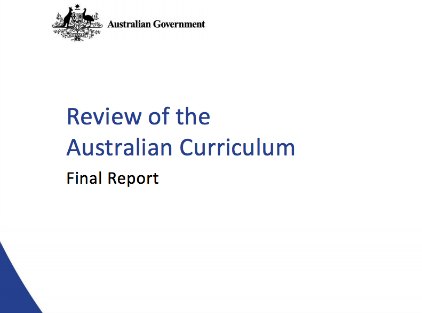
RELIGION
- Chris Middleton
- 16 October 2014
5 Comments
Federal Education Minister Christopher Pyne has supported a national curriculum, while some observers have cautioned that it is not the panacea for improving educational standards that many may hope for. The Federal Review report released in the past week addresses many of the concerns, and on the whole their recommendations seem appropriate and constructive.
READ MORE 
-
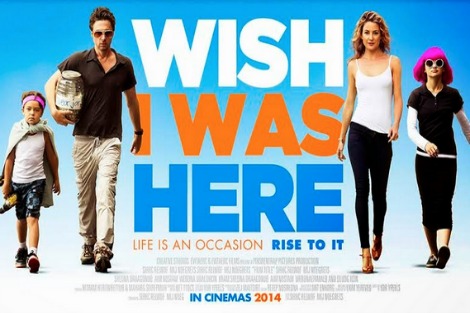
ARTS AND CULTURE
- Tim Kroenert
- 02 October 2014
2 Comments
It is almost impossible to sympathise with Aidan and his flailing ‘dream’. He decides to take the kids’ education into his own hands. He calls this ‘home schooling’, but it pretty much consists of taking them for trips into the desert or conning the salesman at a luxury car dealership into letting them take a car for a spin, while spouting trite platitudes about life, death and the getting of wisdom.
READ MORE 